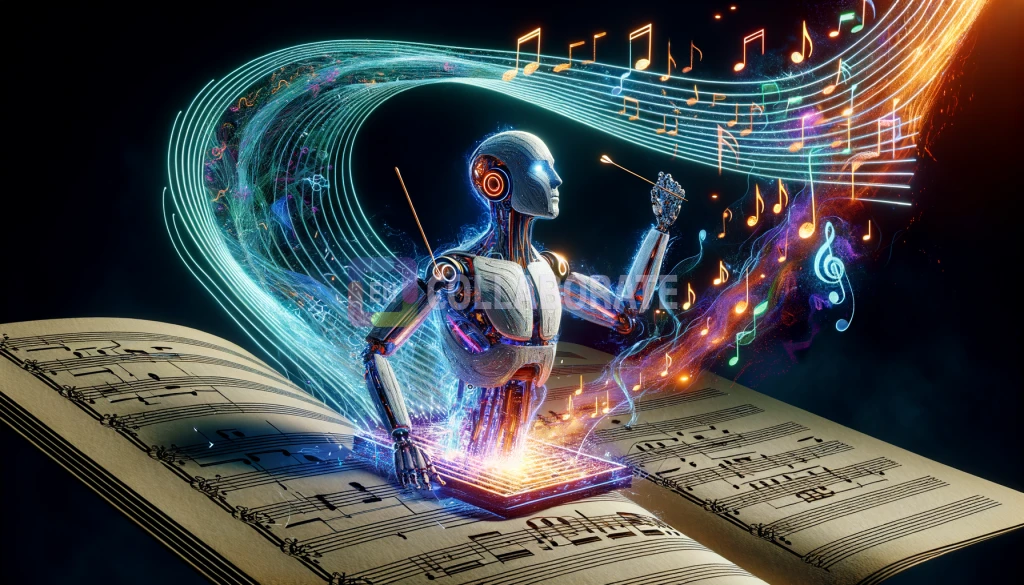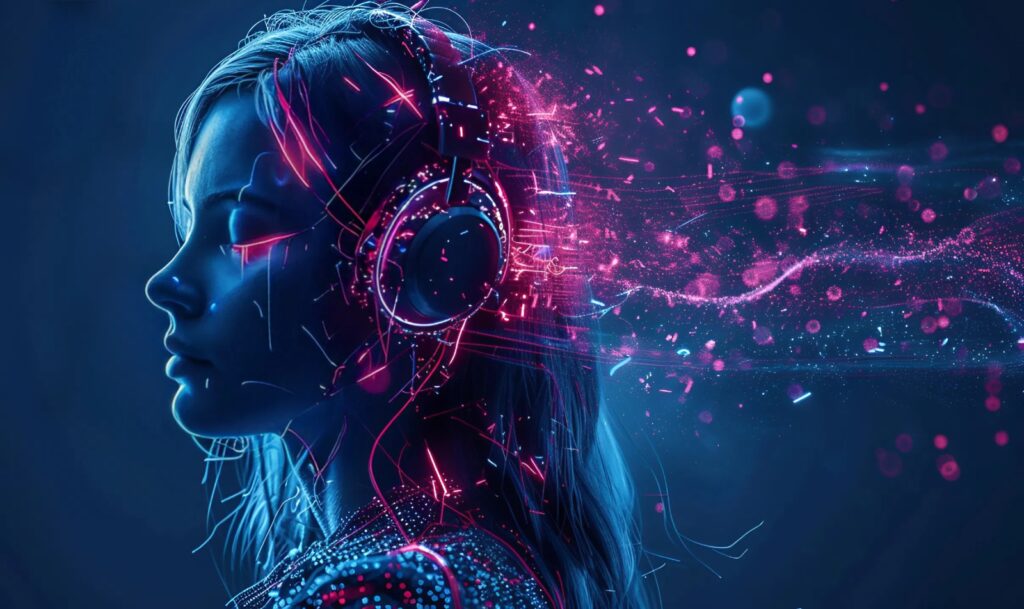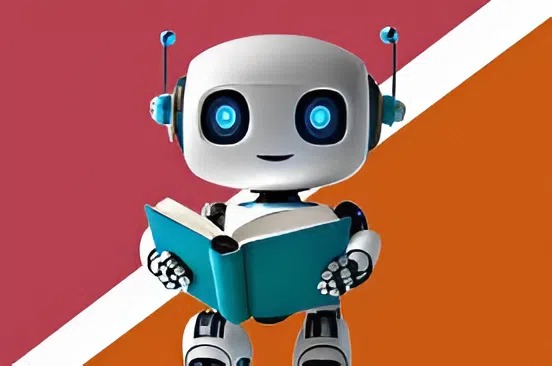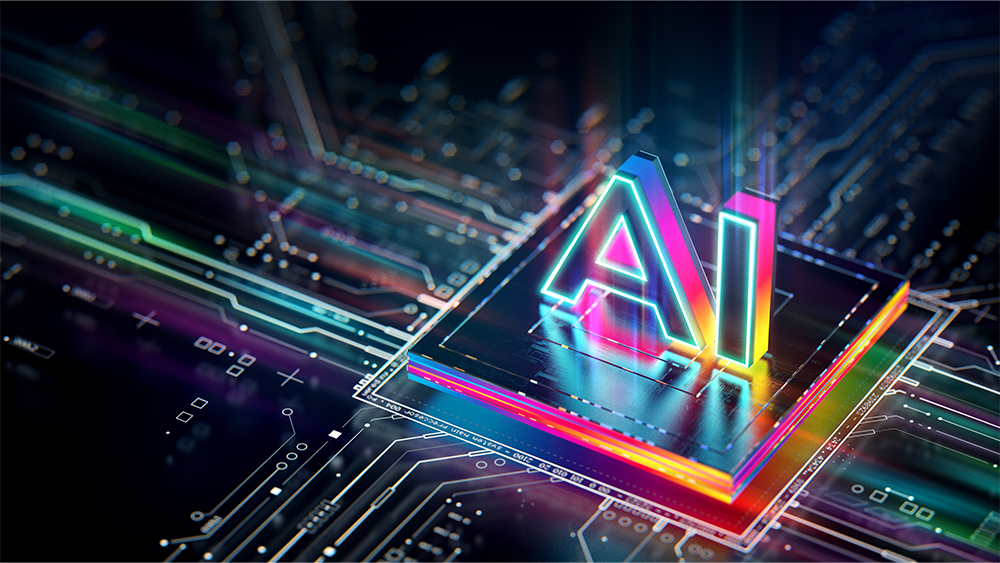The Rise of AI Composers: Can Algorithms Tap into Human Emotions?


The intersection of artificial intelligence and creativity is one of the most exciting and contentious fields in modern technology. Among the many creative domains where AI is making waves, music composition stands out. The emergence of AI composers marks a pivotal moment where machines not only perform tasks but also exhibit signs of creativity. But the question lingers: Can AI truly tap into the complexities of human emotions?
The Evolution of AI in Music Composition
The history of AI in music dates back to experiments in algorithmic composition, where computers followed strict rules to generate music. However, today’s AI composers, powered by machine learning and neural networks, are a far cry from their predecessors. They can learn from vast data sets of music, understand nuances, and generate compositions that, at times, are indistinguishable from pieces crafted by human hands.
One of the pioneers in this field is the program AIVA (Artificial Intelligence Virtual Artist), which composes symphonic music. By analyzing the works of celebrated composers like Beethoven and Bach, AIVA creates original compositions that have been used in video games, movies, and advertising, showcasing that AI-generated music can indeed resonate with audiences.
How AI Composers Work
Modern AI composers utilize deep learning, particularly recurrent neural networks (RNNs) and convolutional neural networks (CNNs). These models are designed to recognize patterns over time, making them well-suited for processing sequential data like music. By feeding these networks vast quantities of music tracks, they learn how to replicate certain styles or even blend multiple musical genres.
These systems are not just copying past works. Instead, they are generating new compositions by understanding the rules and structures that define various music styles. OpenAI’s MuseNet, for example, can create music in the style of classical composers, jazz legends, and contemporary pop artists. The versatility of AI in generating such diverse stylistic music demonstrates significant advances in technology.
Can AI Understand and Evoke Human Emotion?
This central question is both philosophical and technical. Human music composers infuse personal experiences, cultural contexts, and emotions into their creations. Whether it’s expressing joy through a lively tune or sorrow through a melancholic ballad, human compositions evoke emotions by tapping into our shared experiences and memories.
AI, in contrast, lacks personal experiences. However, it can analyze emotional patterns in music and recreate them. For example, an AI might study numerous sad songs to learn the musical scales, tempos, and chord progressions typical of that emotion. While AI doesn’t “feel” sadness, it can mimic the musical traits associated with it to evoke feelings in listeners.
Amper Music, an AI music creation tool, allows users to set parameters like mood, style, and tempo, enabling it to produce personalized tracks that align with the desired emotional response. This speaks volumes about AI’s capacity to simulate human creativity by constructing a musical experience tailored to human emotions.

Examples of AI in Emotional Music Composition
Several instances highlight AI’s budding capabilities in emotional music composition:
1. Endel: This app uses AI to generate personalized soundscapes aimed at helping users relax, focus, or sleep. It adapts its music based on factors such as the time of day, weather, and user inputs. By focusing on user wellbeing, Endel exemplifies AI’s ability to generate functional emotion-tied music.
2. Ludwig: An AI-driven composition software, Ludwig uses a database of emotional elements derived from thousands of songs. Users input lyrics or melodic lines, and Ludwig generates an accompanying emotional score, suggesting a partnership between human input and AI creativity.
These technologies indicate that while AI may not inherently understand emotions, it can effectively assist humans in crafting music that resonates on an emotional level.
The Limitations and Ethical Considerations
Despite its advancements, AI music composition is not without criticisms and ethical dilemmas. One major concern is authorship. If an AI composes a piece that becomes famous, who is credited? The software developers, the AI itself, or the dataset that trained it?
Moreover, AI compositions can sometimes feel mechanical or lack the “soul” of a human-composed piece, underscoring the current limitations of machine creativity. While AI can replicate human styles to a degree, genuine innovation still stems from human intuition and the imperfections that accompany it.
Furthermore, the rise of AI composers threatens traditional roles in the music industry, provoking fears of job displacement. The balance between embracing technological innovation and preserving human employment opportunities is a delicate one that society must navigate.
Conclusion: A Harmonious Collaboration or a Future Rivalry?
The rise of AI composers presents an evolutionary step in music, offering tools that can democratize music creation, personalize listening experiences, and foster collaborations between humans and machines. While AI music systems continue to grow more sophisticated, the role of human composers remains crucial for achieving emotional authenticity and innovation in music.
As technology progresses, the future might not pit AI against human composers but rather promote a symbiotic relationship where each complements the other’s strengths. AI’s potential to recognize and recreate emotional patterns holds promise but is best harnessed when combined with the unique, emotion-imbued perspectives of human artists.
In the end, AI composers challenge us not just technologically, but also philosophically, prompting reflections on creativity, emotion, and what it truly means to be human in the age of intelligent machines.







